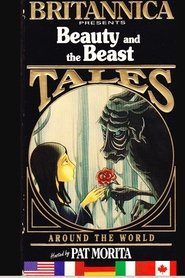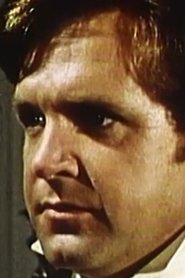
1991
playlist_add 
1991
playlist_add 
1990
playlist_add 
1977
playlist_add 
1974
playlist_add 
1973
playlist_add 
1973
playlist_add 
1973
playlist_add 
1973
playlist_add 
1971
playlist_add 
1970
playlist_add 
1969
playlist_add 
1969
playlist_add 
1961
playlist_add 
1954
playlist_add 
1954
playlist_add 
1954
playlist_add 
1954 star_border 5.8
playlist_add 
1954 star_border 5
playlist_add 
1952
playlist_add Show more
expand_more